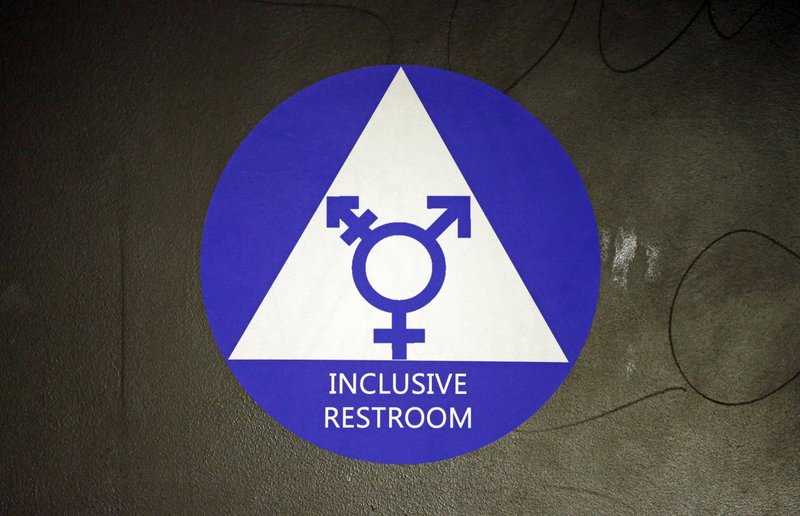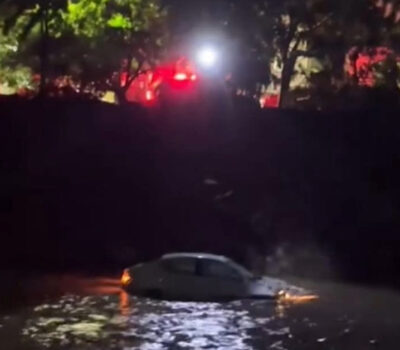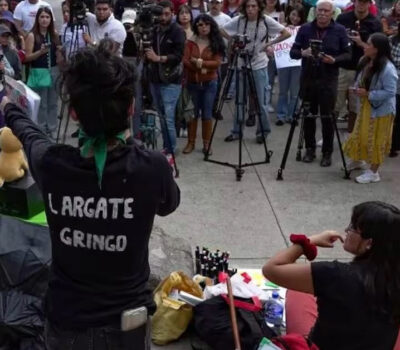On college campuses and in workplaces, across social media and in deference to non-binary people, gender-neutral pronouns are more than just a new wave of political correctness.
They’re the focus of debate that stretches back hundreds of years.
Early word coiners were . . .












